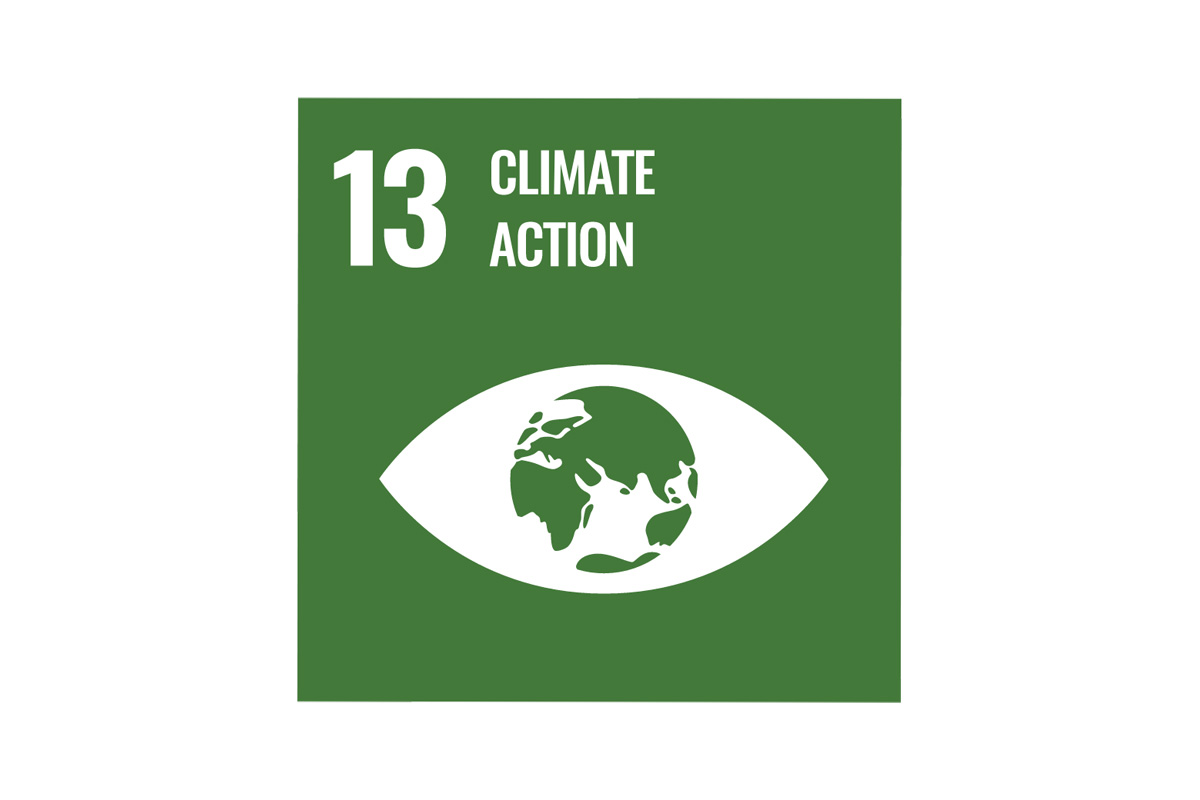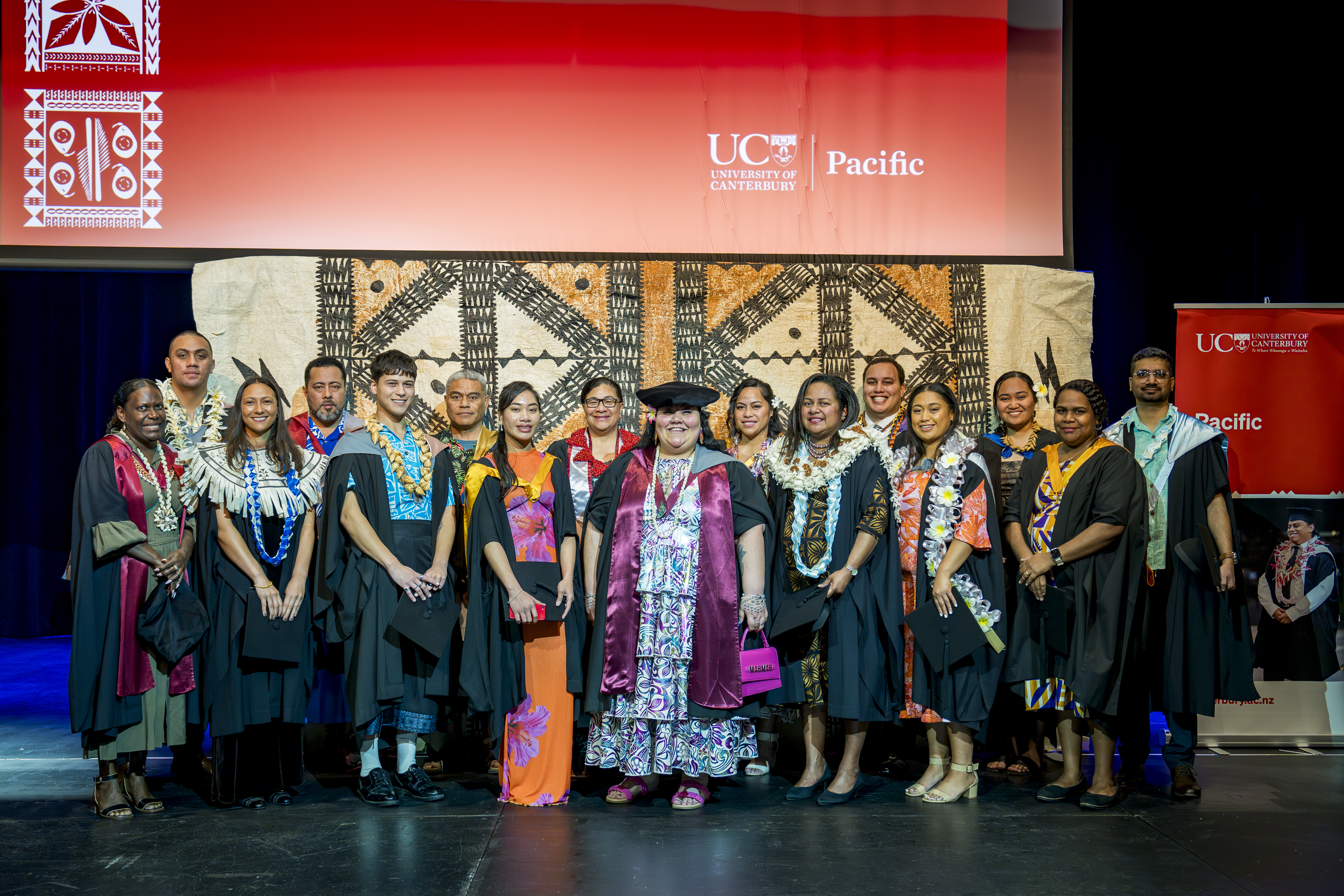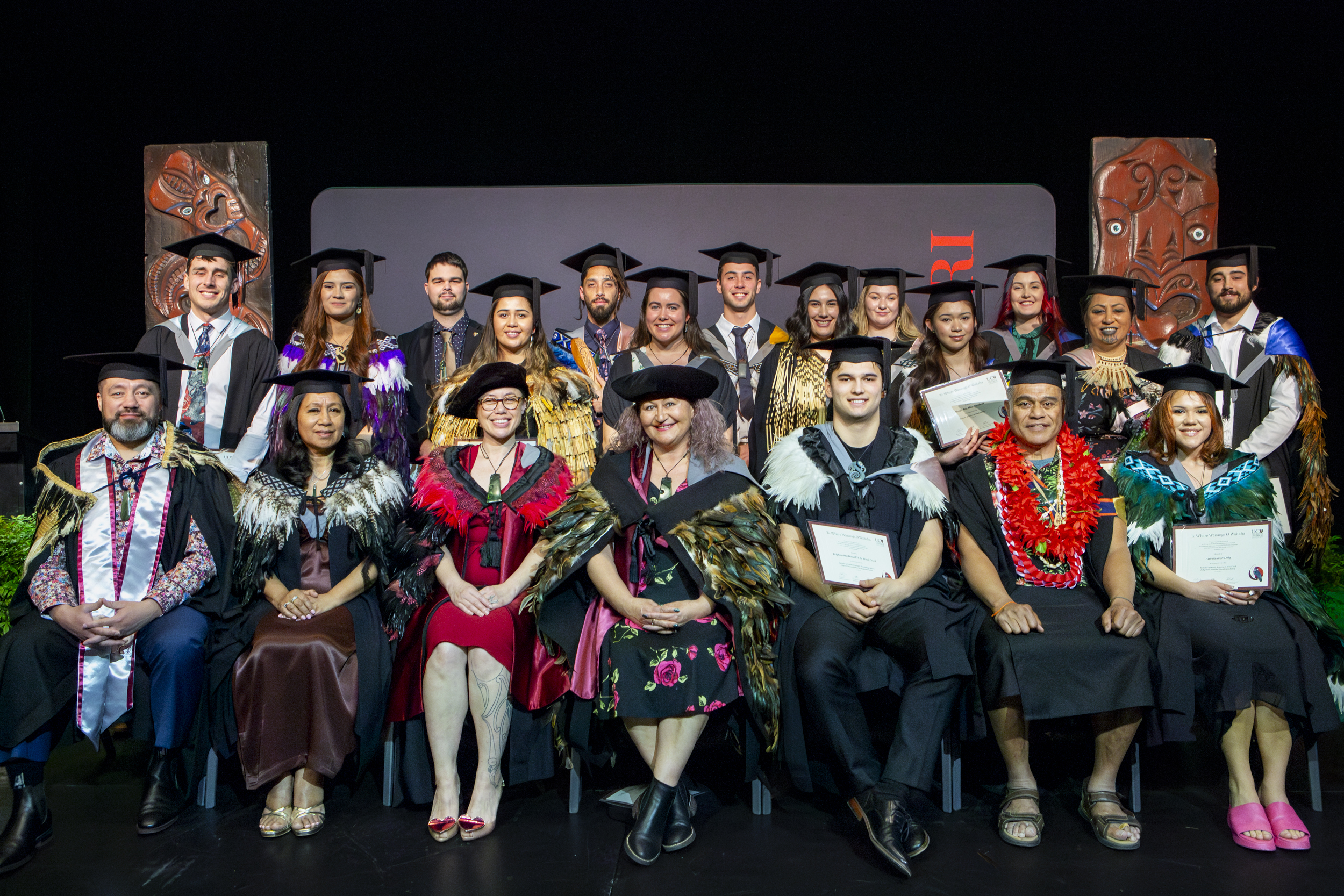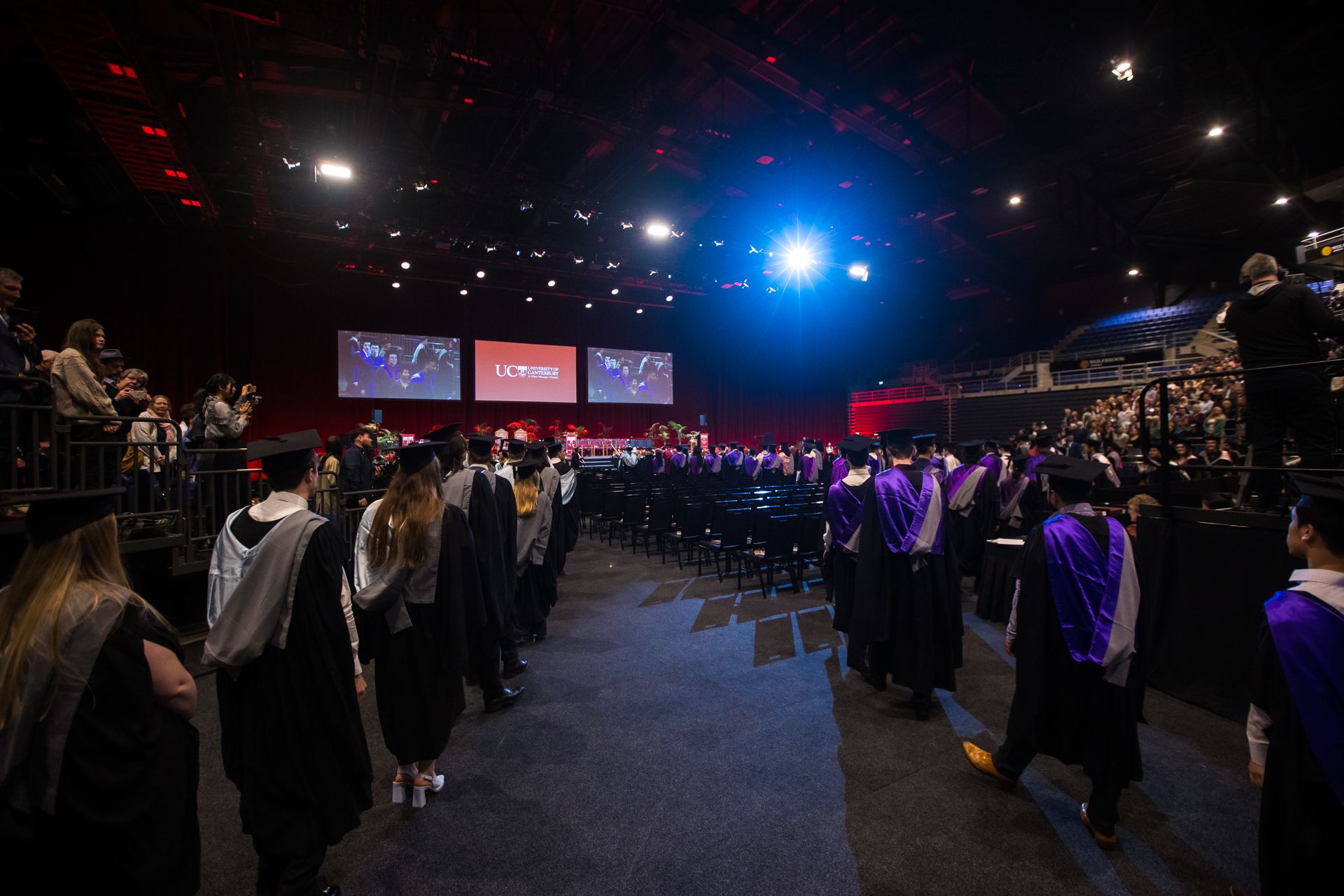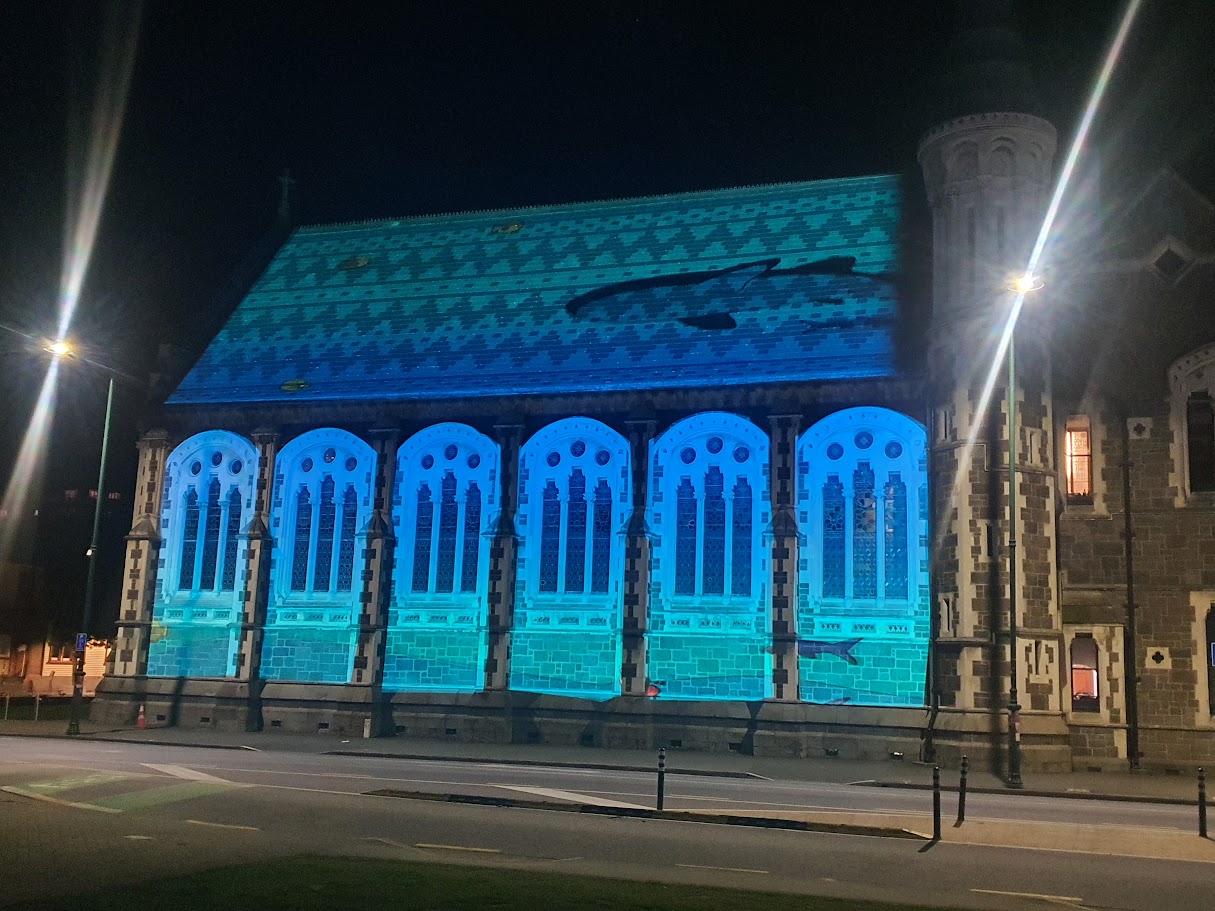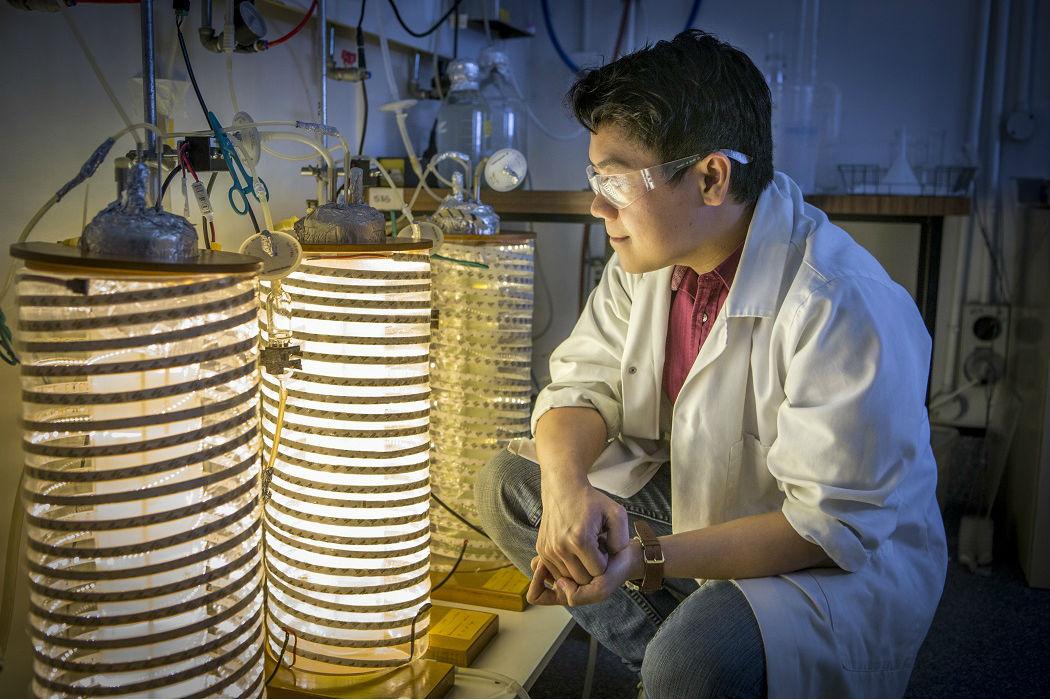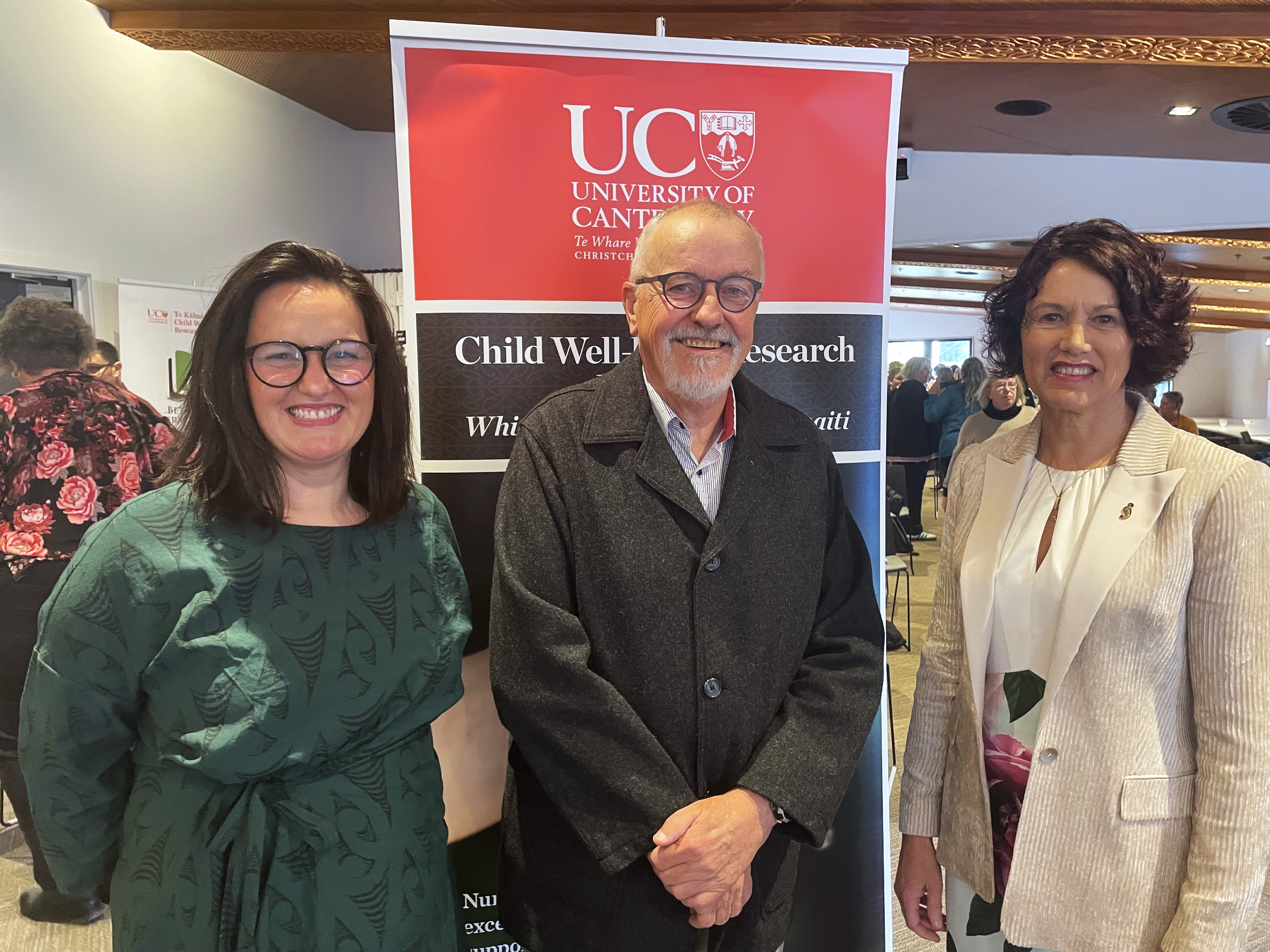Energy was a major focus of Dr Carr’s presentation, as our modern civilisation has been built on oil energy; “It is the source of the energy that has enabled us to roll back the night, shrink distances, warm our homes and clothe ourselves, and feed 8 billion people”.
“The challenge of climate change is a challenge of energy transition,” he said.
Dr Carr highlighted the alarming impact of fossil fuel combustion on our planet’s climate. The average surface temperature has surged by 1.2°C and continues to climb rapidly. This rise is driving significant changes, including the expansion of ocean waters, accelerated glacier melt, and increasing ocean acidification. With humanity reaching a new record last year of burning 100 billion barrels of oil on average per day, adding 18 billion tonnes of carbon dioxide to the atmosphere, the need for energy transition action has never been more urgent.
“At the rate we are currently putting greenhouse gases into the open air we will cause a change in climate that will be irreversible this century,” Dr Carr said.
Transition is achievable, he said. For example, another 15 billion tonnes of carbon dioxide was added to the atmosphere from burning coal last year, 80% of which was used to make electricity, despite the technology being available to prevent this.
“We don’t need to invent a single new thing to stop burning coal to make electricity. This is a failure of funding and distribution, not a failure of technology.”
Aotearoa context and actions
Aotearoa New Zealand needs to prioritise implementing energy transition and other initiatives, Dr Carr said.
“There are four things New Zealand needs to do to create a low emission, thriving, climate-resilient society where we can produce the goods and services that affluent markets will want to buy and create lifestyles that talented people will want to live.”
He said New Zealand needs to decarbonise the production and use of energy for the economy; decarbonise carbon emissions from transport; improve agricultural emissions; and use available technology to reduce waste.
“If we roll up the opportunities in energy, transport, land-use change, and waste and efficiency, there are significant business cases that are worth investigating and there will be significant opportunities for New Zealanders in our self-interest to decarbonise what we produce and how we live our lives,” he said.
“Don’t wait for Wellington. If our elected leaders are unwilling or unable to see the future that is coming at us, it will not stop that future from arriving.
“I think New Zealand is ideally placed to pick up already known technology and deploy it at accelerating pace and scale.”
View the video: UC MBA Thought Leadership Series with Climate Change Commission Chair Dr Rod Carr.
UC is committed to contributing to resolving the challenges of climate change. UC’s research and teaching are aligned with the Sustainable Development Goals (SDGs) and UC was recently ranked in the top 50 globally in five SDGs; Sustainable cities and communities, responsible consumption and production, climate action, life below water, and life on land, by Times Higher Education. See New global rankings highlight UC’s commitment to SDGs.
Read more about SDG awareness at UC.
